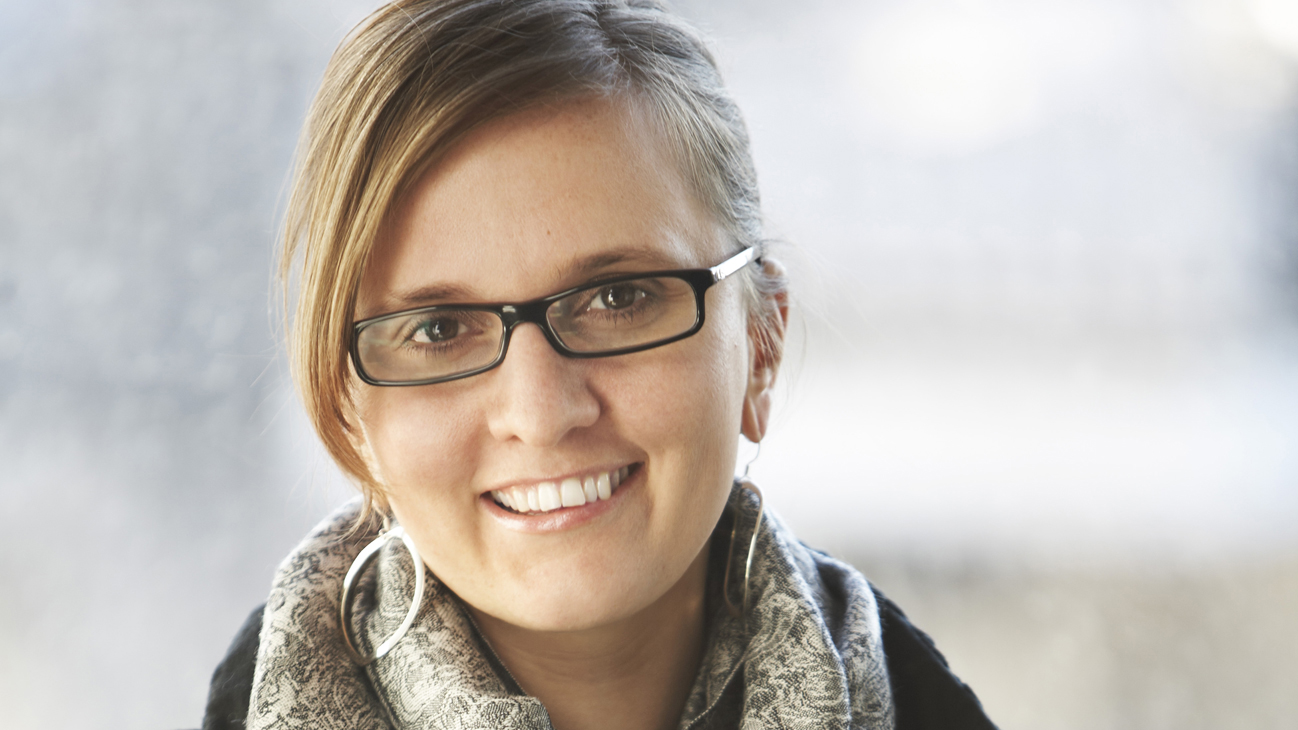For businesses looking to innovate, organizations hoping to creatively address society’s problems, and parents worried about their adult children’s success, Ilona Dougherty’s perspective is what you have been waiting for. The founder of Apathy is Boring, she speaks to audiences internationally about redefining inter-generational relationships, changing the way we think about Millennials and Gen Z, and encouraging active citizenship. Below, Ilona writes on iPolitics.ca about ways you can help young people get interested in the democratic process and voting:
Ask everyone in the room to recite the top ten things that they learned in Grade 11 civics class, and I doubt you’d get much of a response.
But if you ask them about the first time they got involved in their communities, and why they were inspired to do so? That’s when you hear some great stories.
This week is Canada’s Democracy Week, Elections Canada’s yearly outreach to “inform, engage and connect Canadians with the democratic process.” Now that we’re in the middle of a close-fought federal election campaign, that mandate is taking on deeper meaning.
When we think about how we can get our young people voting, we usually think about the education system first. That old line about “getting them while they’re young” points straight at our culture’s bias towards ramming as much knowledge into young brains as possible and assuming that it’ll still do the trick later in life.
But when you realize how little you remember from that Grade 11 civics class, you may see that bias is based on a false assumption. Turns out that what really matters when it comes to whether a young person becomes an engaged citizen isn’t education. It’s experience.
We use to think that experiences before age 2 were really all that mattered. All the evidence now points to the years between 10 and 25 as being every bit as important as the toddler years when it comes to building character. In his 2014 book Age of Opportunity, well-respected adolescence expert Laurence Steinberg explains why.
He says we all go through something called ‘the reminiscence bump’: “Events between the ages of ten and twenty-five are recalled more frequently than events from other periods … there is something special about the way our memory works during adolescence that makes this period a treasure trove of recollection.”
The critical word to pay attention to here is ‘events’. It seems we tend to remember experiences, people and places from these years — but not necessarily the facts that were crammed into our heads in the classroom.
The research backs this up. According to a 2011 Elections Canada research paper, “methods and approaches to teaching civic education matter. In Canada, research has shown that community service, integrated into civic education courses, can have a greater impact on future political participation than a one-sided classroom approach.”
In fact, a 2009 study which looked at the introduction of a compulsory Grade 10 civics course in Ontario in 2000 concluded that the course did not positively affect youth voter turnout in the federal general elections of 2004 and 2006.
We need to understand this, because the system we use to choose the people who govern us is headed for a crisis. The number of young people casting ballots in this country continues to slide year after year. If we want these people to have a stake in this country’s future — to become active citizens, not passive consumers — then we need to change tactics. That means fewer lectures … and a stronger focus on ensuring that young people have positive experiences with democracy and civic engagement.
Here are few ways we can all help:
- If you’re a teacher, sign your students up for Student Vote. This innovative program gives students a chance to take part in mock elections and other forms of hands-on learning about the elections process.
- If you’re a parent of anyone under age 18 and older than 10, it’s simple. Take your kids to vote with you. The experience will stick with them and make the act of voting seem more natural and familiar later on.
- If you’re a parent, friend or roommate of someone aged 18 to 25, encourage them to register to vote now, and to visit one of the 39 Elections Canada offices on college and university campuses from October 5 to 8 to cast a ballot.
Being able to recite the names of all of Canada’s prime ministers won’t make your kid a better citizen — not if he or she is skipping the ballot box. We learn by doing. Having the experience of voting can be a powerful tool to ensure our young people stay engaged and active as citizens for years to come.

